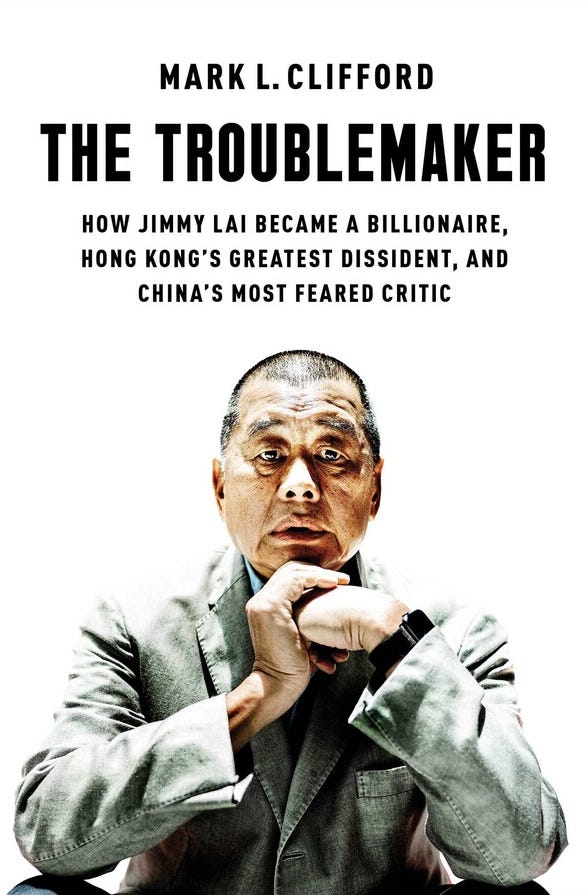A Costly Alignment
Description
The Illusion of Simplification
For shareholders of HSBC Holdings PLC, the proposed privatization of Hang Seng Bank (HASE) is a textbook case study of how politics and institutional concerns trump shareholders’ interests. Despite the elegant management’s narrative put forward by HSBC and Hang Seng, such as “simplification,” “alignment,” and “agility,” the ambiguous yet pleasant sounding jargon veil a complex and costly act of capital engineering whose true objective is purely political.
At HK$155 per share, the offer represents an implied price-to-book multiple of around 1.7x, valuing HASE at approximately HK$290 billion. That figure stands at a 70% premium to its last reported net asset value and roughly 30% above its trading price before the announcement. For a bank whose profit declined nearly 30% year-on-year (1H 2025), and whose net interest margin contracted by 30 basis points, such a valuation borders on financial hubris.
It is, in effect, a buyback of capital already owned, paid for with shareholders’ money, justified by promises of capital efficiency that the bank itself constrains through its political and regulatory entanglements.
The Exorbitant Price of Control
In substance, HSBC already controls HSB—holding roughly 63% of its equity and full management oversight. What the bank does not control is the ability to extract HASE’s excess capital, which remains “stranded” within its own subsidiary structure.
HASE’s CET1 ratio of 17.7%, among the highest in Asia, represents an underutilized capital pool. By acquiring the minority stake, HSBC consolidates HASE’s capital base, freeing roughly 320 basis points of CET1 that could be redeployed for share buybacks at the group level.
This is not an acquisition for growth—it is an internal reallocation of trapped liquidity, achieved through a premium payment that immediately dilutes shareholder value. The “synergies” are thus rhetorical: HASE already operates with a cost-efficiency ratio of 36.1%, better than nearly all regional peers. There is little room for “streamlining.” Instead, shareholders are being asked to fund a HK$106 billion capital transfer to enable accounting flexibility.
The comparison to peers underscores the disconnect:
* BOC Hong Kong (2388.HK)—larger, with an ROE near 13%—trades at 1.1x book.
* HASE, smaller and less profitable, is being bought at 1.7-1.8x book.
HSBC, in other words, is paying a 30% premium over a debt-ridden subsidiary simply to move capital from one pocket to another.
The Political Economy of Necessity
If the economics appear irrational, the politics of the deal explain everything. Since 2022, HSBC has been caught between two masters:
* In Hong Kong, investors led by Ping An Insurance have pushed for restructuring, demanding higher returns and an Asia spin-off.
* In London, the bank faces regulatory pressure to demonstrate commitment to financial stability.
By privatizing Hang Seng, HSBC performs a delicate geopolitical balancing act. It signals to Chinese regulators a “long-term commitment to Hong Kong”, while simultaneously consolidating its Asian capital base to appease Western shareholders demanding higher buybacks and dividends.
In effect, this is a regulatory appeasement premium—the cost of maintaining political and monetary access to both jurisdictions. The “alignment” rhetoric thus becomes a euphemism for survival in a bifurcated financial world where banking strategy is policy by other means.
The Arithmetic of Overpayment
From a pure capital allocation standpoint, this transaction challenges fiduciary logic.Consider the accounting chain reaction:
* HSBC pays HK$106 billion in cash, reducing its group CET1 ratio by roughly 125 basis points.
* The Group pledges to rebuild the ratio through organic generation and a pause on buybacks for three quarters.
* The entire justification for the transaction hinges on the eventual redeployment of HASE’s excess CET1 to fund future buybacks.
The cycle resembles a closed-loop liquidity arbitrage: spend capital to gain access to capital, then use it to buy back equity.This logic only works if the capital unlocked from HSB significantly exceeds the capital expended—a risky assumption given evolving Basel IV standards and Hong Kong’s conservative supervisory stance. If regulators tighten risk-weight rules or constrain intra-group transfers, the released liquidity could be far less than modeled. In that case, the premium paid becomes permanent goodwill, a dead asset on the balance sheet.
The Macroeconomic Backdrop: A Steepening Reckoning
The deal lands amid a shifting macro regime. After years of flat or inverted yield curves, global bond markets are steepening—a signal that funding costs will rise even as loan growth stagnates.For Hong Kong banks, this is a double-edged sword:
* Rising long-term yields erode the value of bond portfolios (a key driver of HASE’s fair-value gains in 2025).
* Narrowing short-term spreads compress deposit margins, further squeezing Net Interest Income.
HSBC’s management may believe that consolidating HSB’s capital allows them to hedge duration risk at the group level and maintain dividend commitments through buybacks. Yet from a shareholder’s standpoint, the transaction amplifies exposure to precisely the market forces eroding bank valuations worldwide: balance sheet duration mismatches, regulatory capital tightening, and higher cost of equity.
In a world of rising real yields, paying 1.7x book for a bank whose profitability is decelerating is not capital discipline—it is institutional inertia dressed as strategic foresight.
Banks as Instruments of Public Policy
There is a deeper truth behind the deal. Large universal banks like HSBC no longer operate as pure profit-maximizing entities; they function as quasi-political institutions intertwined with state objectives, regulatory mandates, and social obligations.The Hang Seng privatization is emblematic of this: it is an act of financial statism within the architecture of capitalism—a reminder that in the modern monetary order, liquidity allocation follows legitimacy, not market logic.
HSBC’s board knows this. It cannot refuse the political imperative to “invest in Hong Kong.” Nor can it ignore London shareholders’ demand for capital efficiency. The privatization is therefore the least bad option: an expensive but inevitable compromise to sustain access, influence, and relevance in both hemispheres.
Conclusion: The Price of Power
For the skeptical shareholder, this transaction raises the oldest question in finance: whose interests does the bank serve?
HSBC frames the privatization as a step toward agility and alignment, but in truth it is a costly reaffirmation of its entanglement with power—regulatory, political, and institutional.
It buys goodwill from policymakers, capital flexibility from regulators, and temporary appeasement from investors.
But at HK$155 per share, the price of that goodwill is steep, and as the yield curve steepens and the global banking cycle tightens, the market will eventually demand evidence that the capital liberated from Hang Seng was worth the premium paid.
Sources: HSBC Joint Announcement, Oct 2025
This is a public episode. If you'd like to discuss this with other subscribers or get access to bonus episodes, visit unsubject.substack.com/subscribe
























